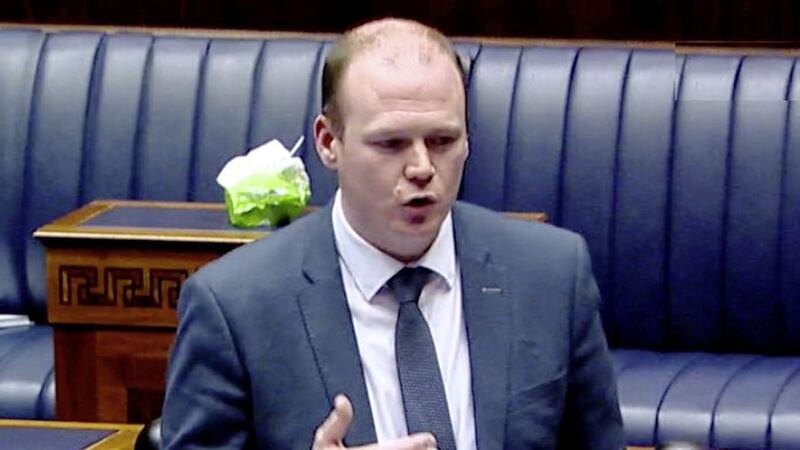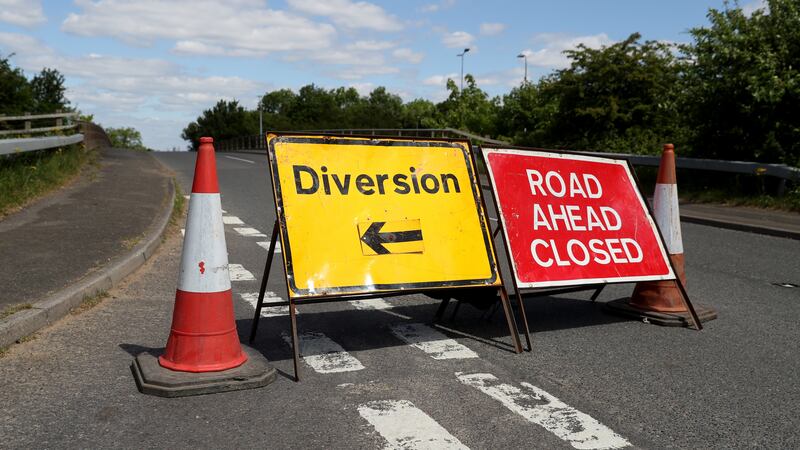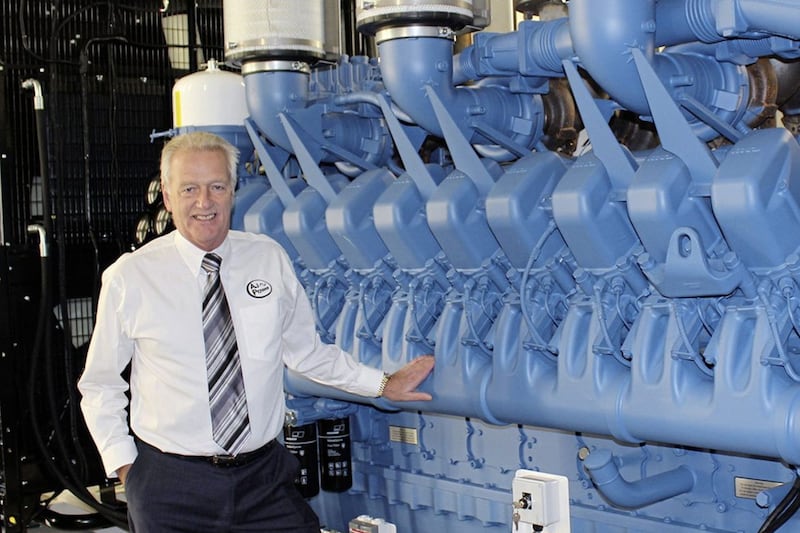THE DUP’s response to the protocol increasingly smells of desperation.
It has been outflanked by the Ulster Unionists and TUV and will seemingly go to any lengths to regain the upper hand.
It’s a far cry from Christmas when Arlene Foster was giving a qualified welcome to the trade deal and the opportunities offered by the protocol.
The DUP leader’s apparent pragmatism soon morphed into opposition in the face of agitation from within her own ranks and from her party’s smaller unionist rivals.
Erroneous claims about Amazon parcels, coupled with hyperbole over the importation of British soil and potted plants, helped raise the collective unionist temperature, while self-appointed spokesmen for the loyalist drug and racketeering gangs began speaking of “palpable anger”.
In its histrionic response to the problem largely of its own making, the best the DUP could muster was a five-point plan of which a petition to secure a debate at Westminster was a central plank, along with a boycott of discussions about the protocol, over which Stormont has no authority.
Opposition through protest appeared to be quickly petering out last week as the focus turned to a court challenge, initiated not by the DUP but by Jim Allister, Kate Hoey and Ben Habib.
But up steps Gordon Lyons, a relative unknown standing in for the convalescing Edwin Poots, who seemed determined to make a name for himself by halting construction of port inspection facilities on which work has yet to begin.
He’s supported by party headquarters though it’s unclear how much Mrs Foster knew about the stunt beforehand.
Meanwhile Sammy Wilson has threatened “guerrilla warfare” to combat the Irish Sea border.
The party founded on protest seems to be regressing and returning to the days when it sometimes operated on the edge of the law.
It’s a dangerous, ad-hoc approach based on short-term tactics rather than a leadership strategy and one that is therefore unlikely to end as the DUP hopes.
There’s every expectation that Mr Lyons’ unilateral action will be shown to be unlawful but the already strained relations in the executive will have been damaged further.
We’re 14 months out from the next assembly election but that looks where the DUP’s energies are now focused and the party appears to rule out nothing in a bid to save its own electoral skin.







